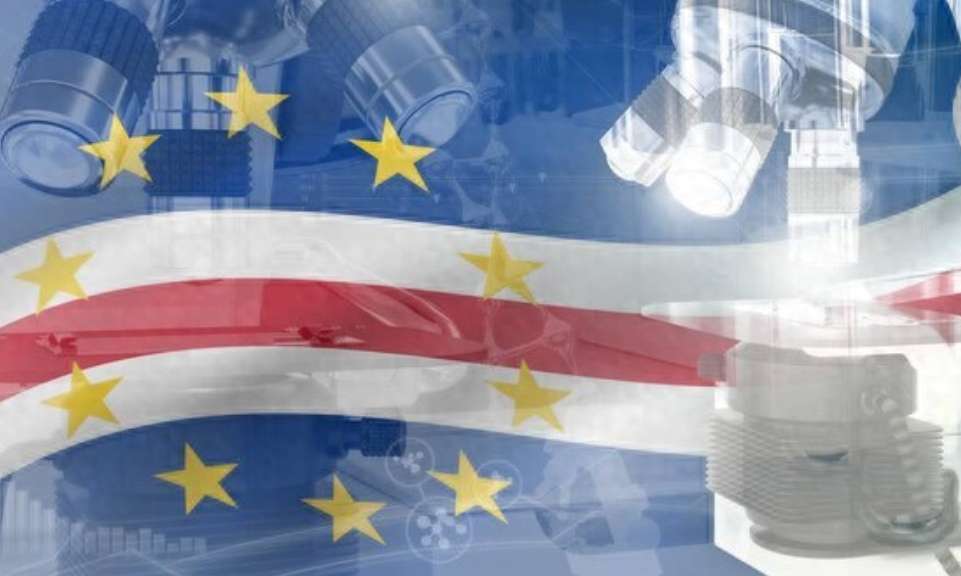Cracks in Europe Amid the Energy Storm
Advertisements
In recent times, Slovakia's Prime Minister Robert Fico has gained notoriety within the European Union (EU) for his distinctively anti-EU stances, particularly in the context of the ongoing conflict in Eastern Europe. His divergence from the mainstream European approach has sparked debates and raised eyebrows, reflecting a broader discontent among some of the smaller member states.
Fico's firm position is underpinned by the escalating conflict that has made energy supply chains the focal point of geopolitical tensions across Europe. The disruption of Russian natural gas transit has struck a heavy blow to countries like Slovakia, which rely on these flows for energy security. For Slovakia, this translates to an annual loss of about 500 million euros in transit fees, a devastating hit for such an economically modest nation. Fico’s anger is not merely a personal sentiment; it emanates from genuine economic grievances and a broader frustration with the EU's handling of the energy crisis.
The EU finds itself caught in a dilemma: the tension between politically correct responses and harsh financial realities often leads to stark contradictions in policy. On one hand, in response to the aggression of Russia, the EU has attempted to lessen its dependency on Russian natural gas. Conversely, members are struggling with skyrocketing energy prices and shortages, creating immense economic pressure, especially on the weaker economies of the union.
The plight of Slovakia serves as an unfortunate case study in how the EU's commitment to “political correctness” can come at a significant cost. The EU’s effort to impose sanctions on Russia, while simultaneously sourcing costly liquefied natural gas from the United States, has effectively placed energy independence out of reach, signaling a troubling dependency on American energy supplies.

Notably, the decision to cut offRussian gas transit is not merely spontaneous; it is borne out of complex strategic considerations. Politically, it serves as a weapon to compel further decoupling from the Russian energy sector. Economically, it seeks to garner support and leverage the crisis to gain an advantageous position. However, from a national security standpoint, severing these energy supplies could be viewed as a preemptive measure against the potential misuse of energy as a geopolitical tool by Russia. Nevertheless, such tactics exacerbate the energy crisis and foster friction with countries like Slovakia.
The United States, meanwhile, has emerged as the unexpected benefactor in this crisis. Selling liquefied natural gas at inflated prices has not only bolstered American revenue but also strengthened its control over European energy dynamics. The U.S. has managed to profit significantly from the plight of Europe without genuinely addressing the underlying energy crisis, raising questions about its intentions and future role.
Europe now faces the daunting challenge of navigating this frenzied geopolitical landscape while striving for greater energy security. The current trajectory suggests that EU countries must collaborate more closely to effectively confront the dual crises of energy dependence and geopolitical strife. Avoiding the pitfalls of superpower competition must become paramount to establish a more resilient energy framework.
As the intersection of geopolitical tensions and energy competition evolves, the EU must reassess its strategic posture. The excessive reliance on U.S. unilateralism leaves it vulnerable to external fluctuations and undermines its ability to forge independent policies. Moreover, the approach of handling relationships with nations like Russia lacks flexibility and balance, trapping the EU in unyielding positions.
Future policies demand introspection and a renewed focus on energy autonomy, particularly in light of Slovakia's predicament, which underscores the necessity for the EU to heed member states' articulated needs and grievances. The current crisis serves as a critical inflection point: Can the EU emerge articulate and responsive, or will it continue to drift toward a status of subordination within global power dynamics?
As this energy crisis unfolds, it not only challenges the security landscape in Europe but also has profound implications for its political framework. The resultant tensions and dissatisfaction may portend a significant shift in how member states position themselves individually and collectively within an increasingly volatile global stage. The implications for Slovakia, and similarly vulnerable nations, serve as a clarion call for strategic recalibration in the face of impending uncertainties.
In conclusion, the interplay of geopolitical machinations and energy strategies characterizes the current landscape, compelling Europe to confront its vulnerabilities head-on. The prospect of effective collaboration among member states can mitigate the risks posed by external pressures, allowing for a united and actionable response to current challenges. Moreover, a reassessment of approaches toward Russia, balancing sanctions with grounds for potential collaboration, might hold the key to navigating these treacherous waters. The storm over energy is palpable, with Slovakia's pronounced challenges merely hinting at a larger narrative yet to unfold across Europe.